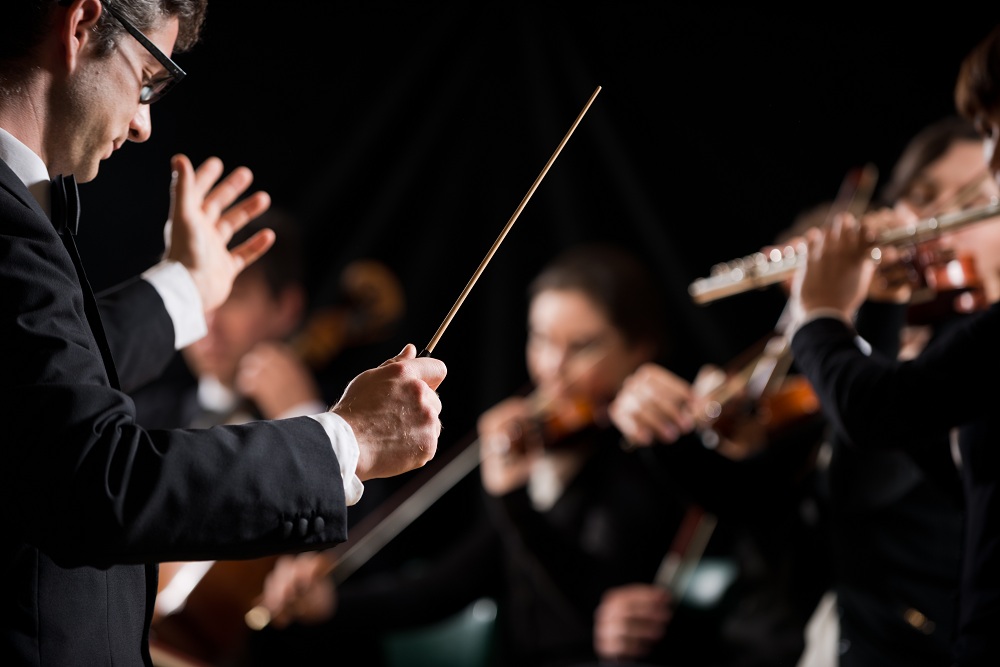Whether you’re taking care of your loved one at home or letting a senior home in Reno take charge of their health care, you can all find common ground with music.
Companionship is an important part of caring for someone with dementia. Small activities such as listening to your loved one or helping them with their hobbies are vital for dementia care. However, it can be difficult to be there for them when they’re agitated.
Music helps ease their agitation, decreasing the need for psychotropic drugs, which have been linked to a higher risk of death. Listening to their favorite tunes reduces their anxiety, making them more active and better able to interact with others.
It brings back memories
The way people perceive, feel, and remember music survives longer than actual memories do. Studies have shown that music assists with recalling personal memories in people with dementia, especially if they pick the music they listen to. This is because music is connected to a person’s identity and history. Singing has even been linked to the increased recall of short stories and the names of loved ones.
Musicians have an edge
People who are musically inclined, or have certain skills in music, are better equipped for aging than those who don’t. Though their ability to play music might deteriorate due to their condition, their training increases their ability to access new connections in their brain. Even people with no prior musical training perform better at tasks that need quick thinking after receiving six months of piano lessons.
Limitations

Though music is proven to be helpful, studies on its benefits to patients with dementia are only limited to Alzheimer’s and frontotemporal dementia. Further studies are needed for Parkinson’s disease, vascular, and Lewy Body dementia.
Agitation is usually caused by boredom and discomfort. Music combats this by sparking a cycle of activity for your loved one. Dancing, singing, and playing instruments should be encouraged in the household or senior living facilities.
Some dementia patients find that music keeps them alert and focused, despite sleepiness and other side effects from medication. Because music eases their agitation, the patient is less prone to receiving antipsychotics and getting restrained, allowing them to walk around and socialize more. This can be channeled into better relationships with their companions both at home and in the retirement village.
It’s also important to note that music is not a permanent solution for dementia. Think of it as a tool for patients to become more physically and mentally active. Even so, singing with your loved one to their favorite song is a memory that will last a lifetime.
